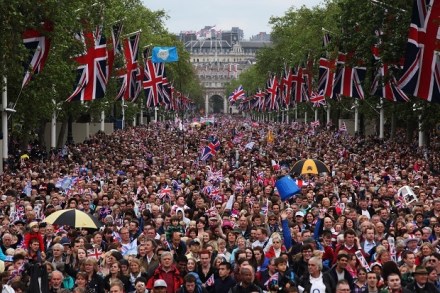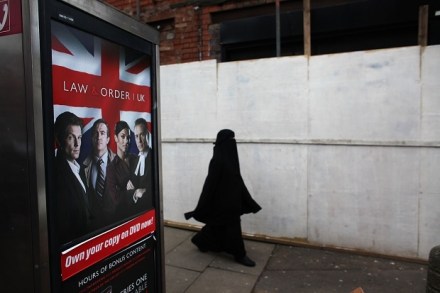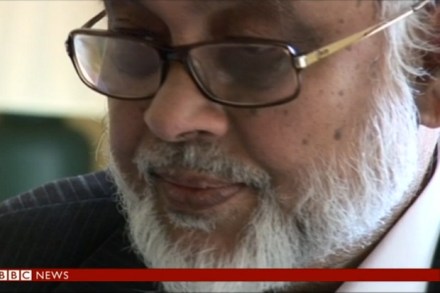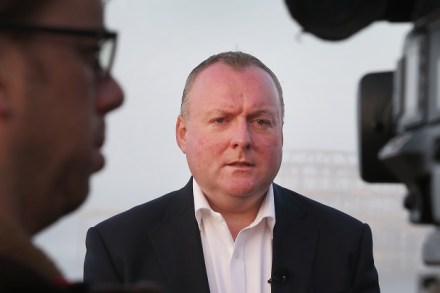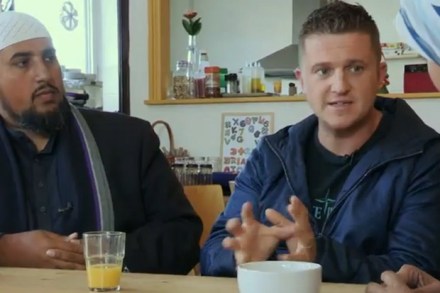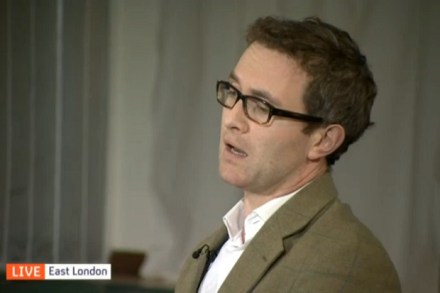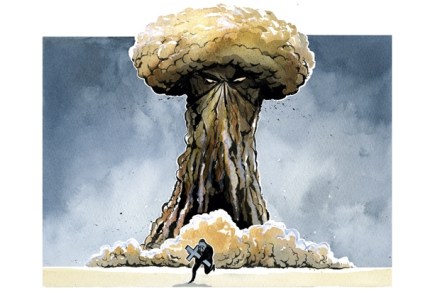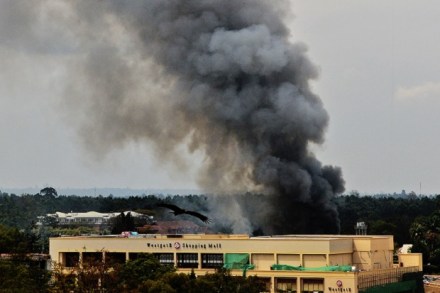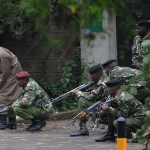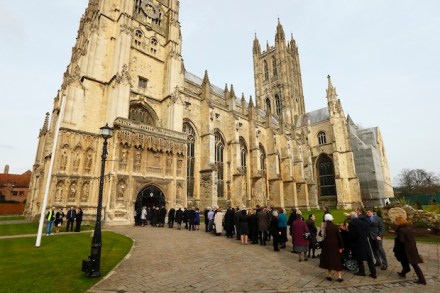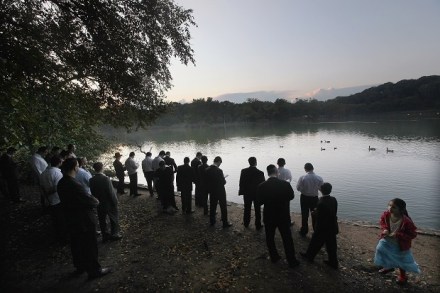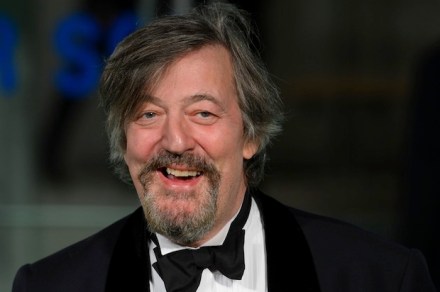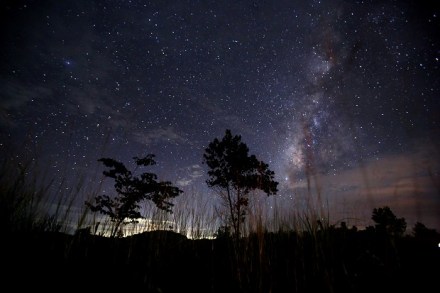Ex-Muslims are living the British dream – Britain should support them
There was an excellent Radio 4 documentary on yesterday in which Sarfraz Manzoor interviewed a group of people you don’t hear much about – ex-Muslims. Like all good radio documentaries, it left me wanting to know more about the individuals involved, feeling more confused about the world, and with mixed feelings too. On the one hand I can understand that Dover Beach sadness of people falling away from religion, and why the parents of those interviewed would feel devastated by that loss. On the other hand, the ex-Muslims are right. They’re right to question the beliefs they were brought up with, and they’re right to see the inconsistencies and those
